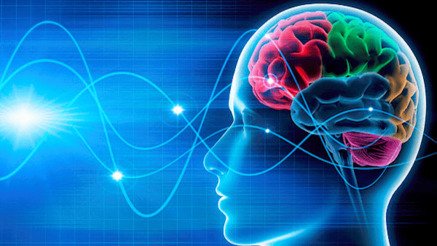For the first time, scientists have shown that brain activity has a significant influence on human life span. In a new study, they demonstrate how neural activity is higher in individuals with shorter life spans and lower in those who live longer lives. In a recent Nature paper, researchers from Harvard Medical School in Boston, MA, report how they found a distinct signature of human longevity in the genes of the brain's cerebral cortex. The signature that they found is a pattern of gene expression that "is characterized by downregulation of genes related to neural excitation and synaptic function," write the authors. Neural activity is to do with the amount of signaling — in the form of electrical currents and other transmitters — that is going on the brain. Too much neural activity, or excessive excitation, can present in various ways, such as a muscle twitch or a mood change. For the study, the researchers performed cellular, genetic, and molecular experiments in worms. They also analyzed mice with altered genes and examined brain tissue from people who were more than 100 years old when they died. These tests revealed not only that altering neural activity can influence life span, but they also gave clues on the molecular processes that might be involved. "An intriguing aspect of our findings," says senior study author Bruce A. Yankner, a professor of genetics and neurology at Harvard Medical School, "is that something as transient as the activity state of neural circuits could have such far ranging consequences for physiology and life span." He cautions, however, that their study did not clarify whether people's personality, thinking, or behavior, can influence their life span. "An exciting future area of research will be to determine how these findings relate to such higher-order human brain functions." Says Prof. Bruce A. Yankner (Credits: www.medicalnewstoday.com)


